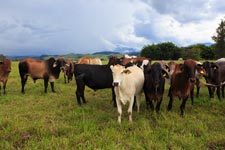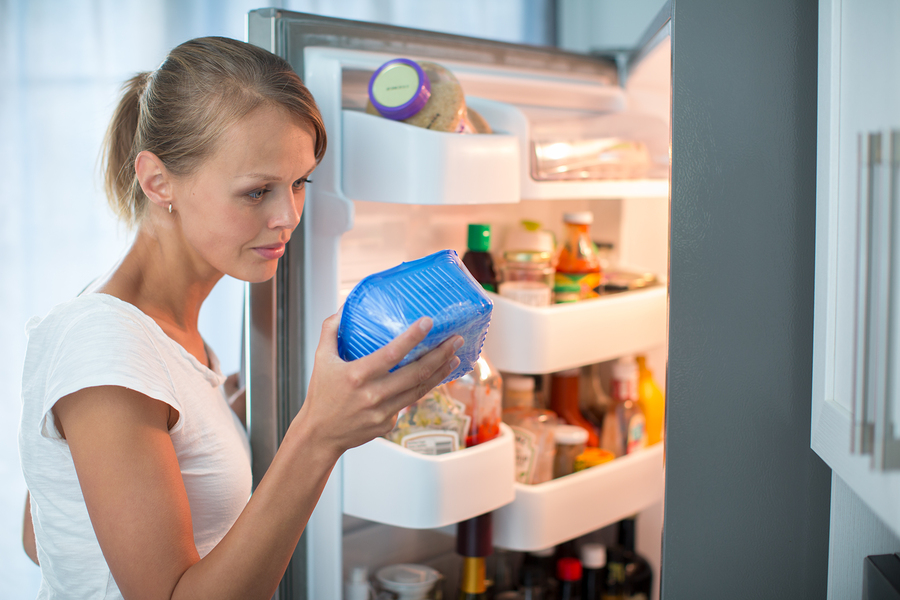3 Part Series – Leading the Charge for Food Safety Capacity Building: Four Global Initiatives – Part Two
By Yves Rey
Yves Rey is the former chairman of the GFSI Board and Corporate Quality General Manager at Groupe Danone and GFSR is pleased to bring his insights and observations on capacity building to our readers in this three-part series. Part One appeared last month.
Part Two: Global Food Safety Partnership (GFSP) and Safe and Secure Approaches in Field Environments (SSAFE)
Global Food Safety Partnership (GFSP)
Despite the myriad resources and initiatives that exist, we continue to see a lack of well-coordinated approaches to building food safety capacity, optimizing resources and scaling-up innovative and locally driven solutions in developing and middle-income countries.
And it has become clear that no single government agency, private sector entity or consumer association alone can effectively ensure food safety in an increasingly globalized food supply chain.
Many companies don’t want to put money in a big pot without metrics
This is why the World Bank’s Global Food Safety Partnership was created. It is a public-private partnership focused on harnessing investments, skills and knowledge for greater impact in food safety.
Despite the organization’s dynamism and willingness to act for the good of all food safety stakeholders, the initiative is struggling to take off with the private sector on board, mainly due to the lack of targeted business needs or demands. The GFSP has reformatted itself under a new governing council but without industry support it will be difficult to get the lift-off it needs to succeed. Many companies don’t want to put money in a big pot without metrics and a specific return on investment.
The partnership is seen as too long term, too vague, and perhaps not sufficiently focused on results.
Safe and Secure Approaches in Field Environments (SSAFE)
A good example of a multi-stakeholder initiative that is working well is the “Global Dairy Farming Food Safety Training” initiative.
Dairy farming is at the heart of the economy of many countries and milk is a major raw material for many global companies, such as Danone, Nestlé, General Mills, Frontera and FrieslandCampina. For these companies the quality of milk and the conditions under which it is produced are crucial to food safety, product quality, brand reputation, farmers’ profitability, the environment and social responsibility.
These companies recognized the need for the development of an open-source food safety training framework to support the development of dairy farming in low and medium income countries. Under the umbrella of SSAFE , with leadership from Danone and contributions from Nestlé, General Mills, Frontera, FrieslandCampina, Cargill and Zoetis, a program based on the GFSI global market program has been set up and launched.
The SSAFE Global Dairy Farming Food Safety Training Framework has been developed to assist dairy farmers, principally in low and medium income countries, to meet basic food safety principles. The aim is to help dairy farmers in their day-to-day activities deliver safe milk of good quality to customers and consumers.
The project’s benefits include:
- Support for the development of dairy markets in low and medium income countries, which is vital to help facilitate access to sufficient, safe and nutritious milk
- The enabling of trade with regional and global partners
- An increase in the income of rural households
- Contributions to improving public health and reducing poverty
- Acceleration of growth and advancement of dairy operators in low and medium income countries
- Help for dairy farmers to meet internationally recognized standards for food safety
- The building of a global framework to bring consistency to the content and quality of training across different markets and regions around the world
Having developed a framework, SSAFE is embarking on a series of pilot projects to test the framework and seek out intergovernmental partners to maximize the roll-out of the materials across the globe; the organization is also aiming to pool resources to ensure its training activities are sustainable. The first pilots were launched in the Philippines and in Indonesia in 2014 and 2015.
In these countries we received excellent support from local universities as well as central and local governments, and we enjoyed great farmer participation and uptake of material, accompanied by a real willingness to learn. Private and public sectors should work hand-in-hand with the necessary contribution from local universities to ensure the sustainability of the initiative.
To be concluded next month…
About the Author
Yves Rey is Senior Advisor to the DANONE Board of Directors. He is also the former Corporate Quality General Manager, DANONE Group, and the former Chairman of the board of Global Food Safety Initiatives (GFSI)He has more than four decades of experience working for the world’s leading food, beverage and packaging companies in 10 different countries, and he holds MSc. Degrees in chemistry and biochemistry from ENSAIA, France.

-
 FeaturedRisk management
The Cost of a Breach: What a Cyberattack Could Mean for Food Safety Recalls
FeaturedRisk management
The Cost of a Breach: What a Cyberattack Could Mean for Food Safety Recalls
-
 FeaturedRisk management
Securing the Food Chain: How ISO/IEC 27001 Strengthens Cybersecurity
FeaturedRisk management
Securing the Food Chain: How ISO/IEC 27001 Strengthens Cybersecurity
-
 FeaturedRisk management
Revolutionizing Food Safety Training: Breaking Out of the “Check-the-Box” Mentality
FeaturedRisk management
Revolutionizing Food Safety Training: Breaking Out of the “Check-the-Box” Mentality
-
 GFSI Standards
GFSI 2025: Building Trust, Tech-Forward Solutions, and Global Unity in Food Safety
GFSI Standards
GFSI 2025: Building Trust, Tech-Forward Solutions, and Global Unity in Food Safety
-
 FeaturedFood Safety
Integrated Pest Management: Strategies to Protect Your Brand’s Reputation
FeaturedFood Safety
Integrated Pest Management: Strategies to Protect Your Brand’s Reputation
-
 FeaturedFood Safety Culture & Training
No Open Door Policy: Challenges That Impact Pest Control in Food Processing Plants
FeaturedFood Safety Culture & Training
No Open Door Policy: Challenges That Impact Pest Control in Food Processing Plants



